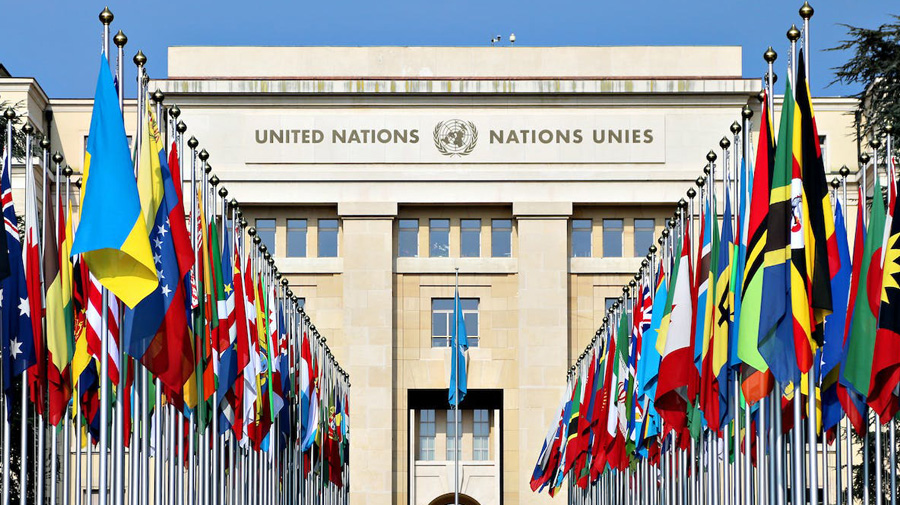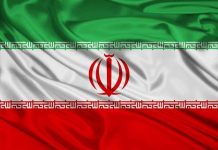DM Monitoring
NEW YORK: The United Nations (UN) is preparing for a potential return of Donald Trump to the White House, with concerns about possible reductions in US funding and a possible withdrawal from key international agreements.
As the former president looks set for a second term after defeating Vice President Kamala Harris in the 2024 election, the global body is anticipating challenges that echo his first term in office, which saw significant cuts to diplomacy and UN contributions.
Trump’s previous presidency was marked by criticism of the UN and multilateral institutions. He proposed slashing US contributions to the UN by a third, with a focus on reducing funding for peacekeeping and international organizations.
While Congress largely resisted these cuts, concerns remain about future funding, given that the US is the largest financial contributor to the UN, providing about 22% of the core budget and 27% for peacekeeping efforts.
In 2021, at the end of Trump’s first term, the US left the UN Human Rights Council, UNESCO, and withdrew from the Paris Climate Agreement and the Iran nuclear deal—moves that raised tensions within the global community.
The UN has reportedly been preparing for the possible consequences of Trump’s return, including deep budget cuts and the withdrawal of U.S. support for international pacts like the Paris accord.
“The heavens help us,” said one senior diplomat, reflecting the nervous anticipation among global officials.
Trump’s potential pullback from global cooperation is expected to benefit China, which has been expanding its influence at the UN in recent years.
The US retreat could provide Beijing an opportunity to position itself as the foremost champion of multilateralism.
Trump’s position on global climate change remains a critical issue. During his first presidency, he pulled the US from the Paris Climate Agreement, and his campaign has indicated that he plans to do so again if re-elected.
UN Secretary-General António Guterres has expressed concerns about the global impact, warning that a second US exit would severely undermine efforts to tackle climate change.
At the UN, funding cuts could also affect agencies like the U.N. Population Fund (UNFPA), which Trump previously defunded due to its family planning programs, including those addressing reproductive rights and maternal health.
Should Trump reimplement similar policies, some of the world’s most vulnerable populations could lose critical support for healthcare in conflict zones, such as Afghanistan and Sudan.
Despite these concerns, some UN officials are cautiously optimistic, hoping that Trump’s administration might engage on specific issues even if it cuts funding in other areas.
“There is hope that a transactional administration will engage the UN on some areas,” said one diplomat, though caution prevails in the face of possible budget cuts and international isolation.
As the UN braces for the return of a president who has been critical of multilateralism, the global organization’s future, particularly regarding US contributions and its role in international agreements, remains uncertain.
However, the UN has been proactive in its planning, preparing for a difficult year ahead under the shadow of Trump’s potential policies.
The ongoing shift in global diplomacy, especially with regard to China’s growing influence, will be closely monitored in the coming months.




